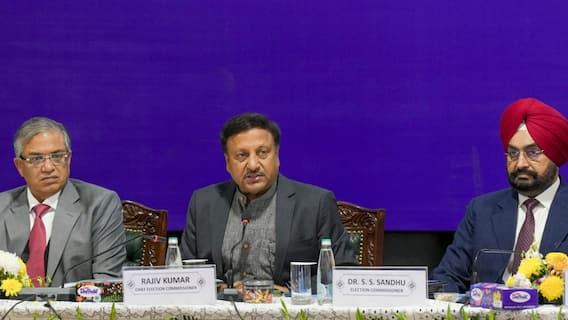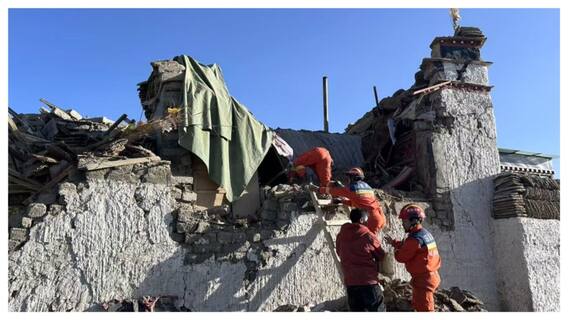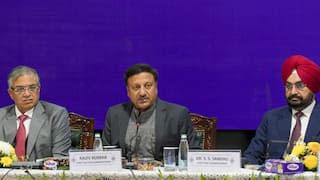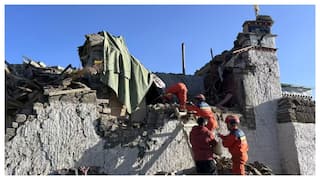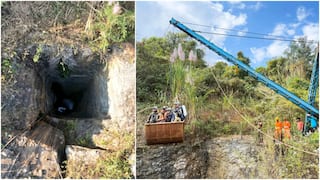More than 48,000 babies will be born in B'desh in 2018

Cox's Bazar [Bangladesh], Jan 5 (ANI): More than 48,000 babies will be born in Bangladesh within this year, according to an NGO, 'Save the Children'.
The babies would be born in cramped and unhygienic camps spread across the country. About 130 live births are expected every day, with the newborns facing various diseases such as cholera and measles and malnutrition, reported the Guardian.
The warning comes after a report published by the World Health Organisation (WHO) last year, said that the basic facilities of Rohingyas, where a majority of them lives in Cox's Bazar, are under severe strain.
The overcrowding in Cox's Bazar, which has one of the densest refugee populations in the world, has led to the cropping up of issues such as poor sanitation, unhealthy environment, which increases the risk of diseases. There is also little or no space at all for the aid workers to establish their own healthcare facilities.
Daphnee Cook, the communications manager for Save the Children's Rohingya response, said: "Because the movement of people into the area happened so quickly, people just built up houses everywhere. What that means is a lot of houses are really far away from toilets, which creates huge issues with open defecation, drainage, and huge queues for toilets.
"You see open sewers everywhere, open-water drains with insect larvae in them; there's a lot of boreholes around which obviously [do not contain] drinking water," added Cook.
According to the WHO report, Rohingya children under five years are suffering from malnutrition. Only 22 percent of births take place in proper healthcare facilities. Most of them are born in flimsy tents made of plastic and bamboo, which is dangerous for mothers and this leads to complications.
"Their bodies aren't able to cope with even the most simple infections, so there's a real risk, if babies get any kind of water-borne disease or diarrhoea, they can suffer from malnutrition," said Cook.
Newborns are especially vulnerable to disease, she added.
Two-thirds of pregnant women have no access to gynaecological and obstetrical services as well. Many women are unable to breastfeed their children due to poor nutrition and lack of any closed space.
"The disadvantage these newborn Rohingya babies will face, by virtue of the situation they are born into, is truly heartbreaking," said Rachael Cummings, the health advisor in Cox's Bazar for the 'Save the Children' campaign.
"From the very beginning, they will battle odds stacked against them, living in an overcrowded environment where everyone is desperate for help," said Cummings.
Cummings added: "The needs are simply enormous and we don't have enough resources and funding to ensure every mother and child receive the medical care they require."
Rohingyas are a Muslim minority ethnic group in Myanmar. They have been regarded by many majority Buddhists as illegal migrants from Bangladesh. Also, the Rohingyas have been persecuted by the Buddhists and the security forces.
As of December 2017, an estimated 6,55,000 Rohingya people fled to Bangladesh to avoid the persecution from the security forces that started in Myanmar's Rakhine state in August last year. There are more 3,00,000 Rohingyas living in Bangladesh, who fled in earlier waves of violence from the Myanmarese government since the last three decades. (ANI)
This story has not been edited. It has been published as provided by ANI
Trending News
Top Headlines








